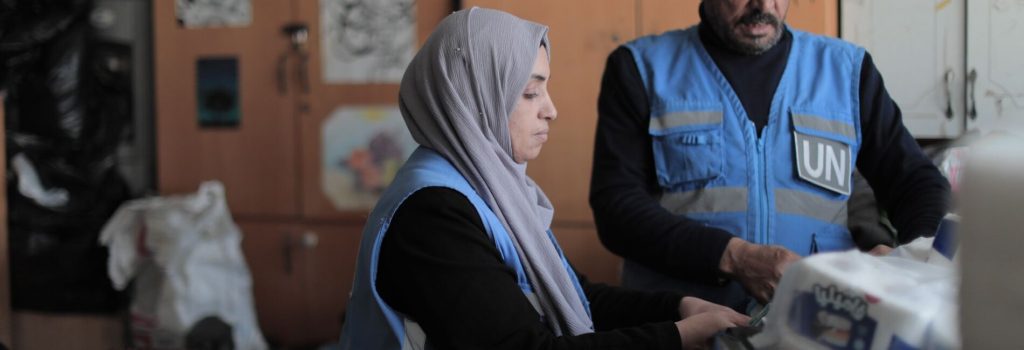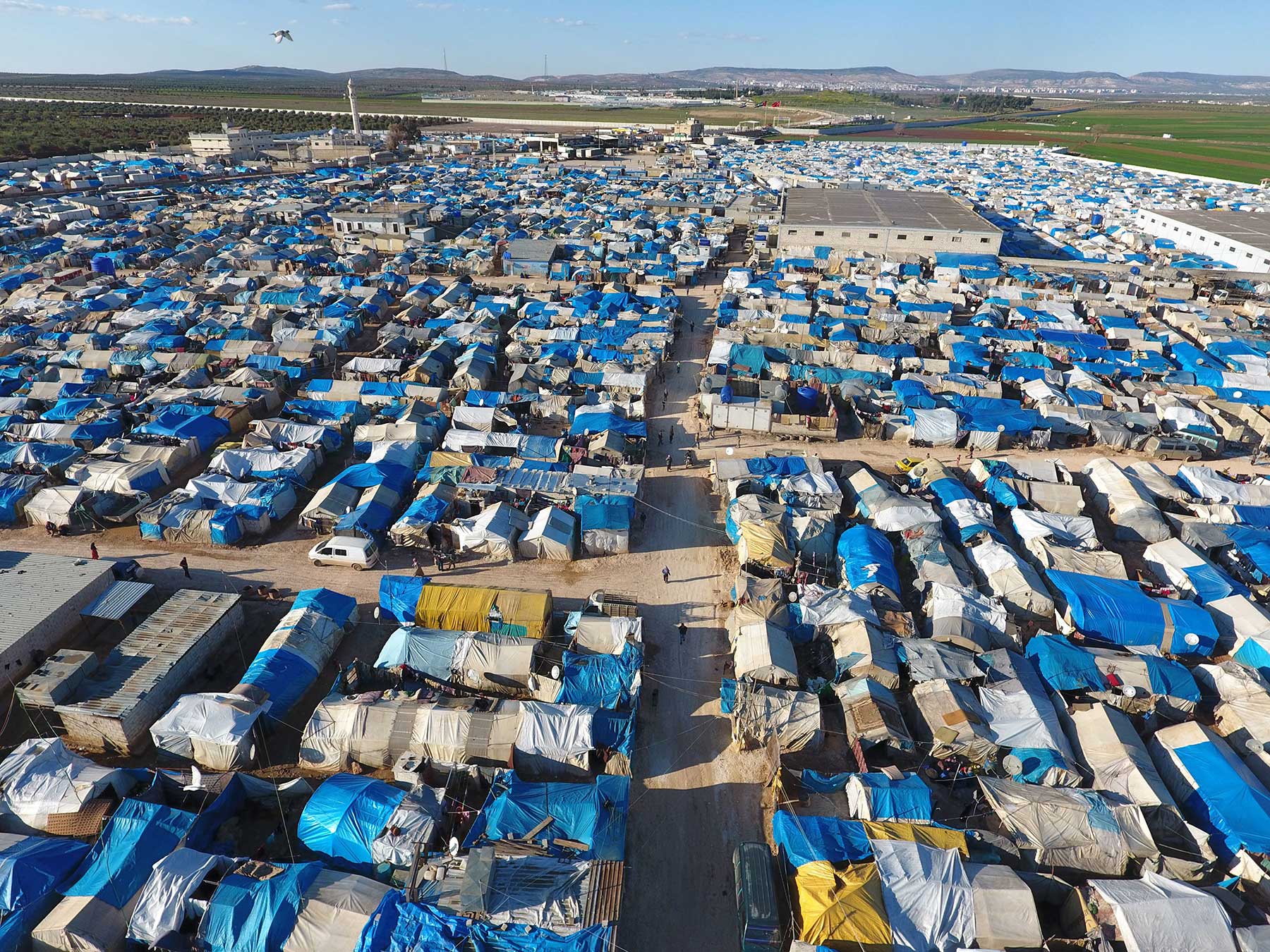The United Nations announced on Monday it will significantly reduce its global humanitarian aid appeal due to what officials describe as the most severe funding shortfalls in the organisation’s history — a move that could leave tens of millions of vulnerable people without support.
The UN’s Office for the Coordination of Humanitarian Affairs (OCHA) revealed that it is now seeking $29 billion for 2025, a steep reduction from the $44 billion originally requested in December. Described as a “hyper-prioritised” appeal, the plan reflects only the most urgent needs.
The UN Refugee Agency (UNHCR) also confirmed it would be forced to lay off approximately 3,500 staff, equating to a 30 percent reduction in personnel costs, as financial resources continue to evaporate.
This funding crisis comes in the wake of sweeping cuts to foreign aid by the United States — historically the UN’s largest donor — following the re-election of Donald Trump in January. Other donor countries, facing economic uncertainty, have similarly scaled back contributions.
“Brutal funding cuts leave us with brutal choices,” said OCHA chief Tom Fletcher. “All we ask is one percent of what you chose to spend last year on war.”
During a hospital visit in Kandahar, Afghanistan, earlier this year, Fletcher warned that dwindling aid could lead to the deaths of millions. As of mid-2025, the UN has received only $5.6 billion of the $44 billion it initially requested — just 13 percent of the target.
The original appeal aimed to assist nearly 190 million people in more than 70 countries, but even then acknowledged it would be unable to reach an estimated 115 million others in need.

Now, the UN is forced to adopt a strict triage approach, prioritising only those facing the most extreme or life-threatening conditions. “The mathematics is cruel, and the consequences are heartbreaking,” Fletcher stated.
The crisis coincides with a joint “early warning” report issued by the UN Food and Agriculture Organisation (FAO) and the World Food Programme (WFP), identifying 13 global hunger hotspots requiring urgent intervention.
Among them are Sudan, the Palestinian territories, South Sudan, Haiti, and Mali — all of which have communities either at risk of famine or already experiencing catastrophic food insecurity.
Other countries facing critical concerns include Yemen, the Democratic Republic of Congo, Myanmar, and Nigeria, with Burkina Faso, Chad, Somalia, and Syria also listed.
“This report is a red alert,” said WFP executive director Cindy McCain. “Without funding and access, we cannot save lives. The window to prevent even more devastating hunger is closing fast.”
The refugee agency’s chief, Filippo Grandi, warned earlier this year that the UNHCR would be severely impacted by the financial crunch, noting that the US previously covered more than 40 percent of its $2 billion annual budget.
The agency now anticipates ending 2025 with funding levels no higher than they were a decade ago — despite the number of displaced people around the world having almost doubled to more than 122 million.
Hundreds of temporary roles have already been terminated, and the 3,500 planned job cuts will result in a significant scaling back of global operations.
“In light of difficult financial realities, UNHCR is compelled to reduce the overall scale of its operations,” Grandi said, adding that the organisation faces stark limitations in delivering aid at the scale required.


 Trending
Trending 